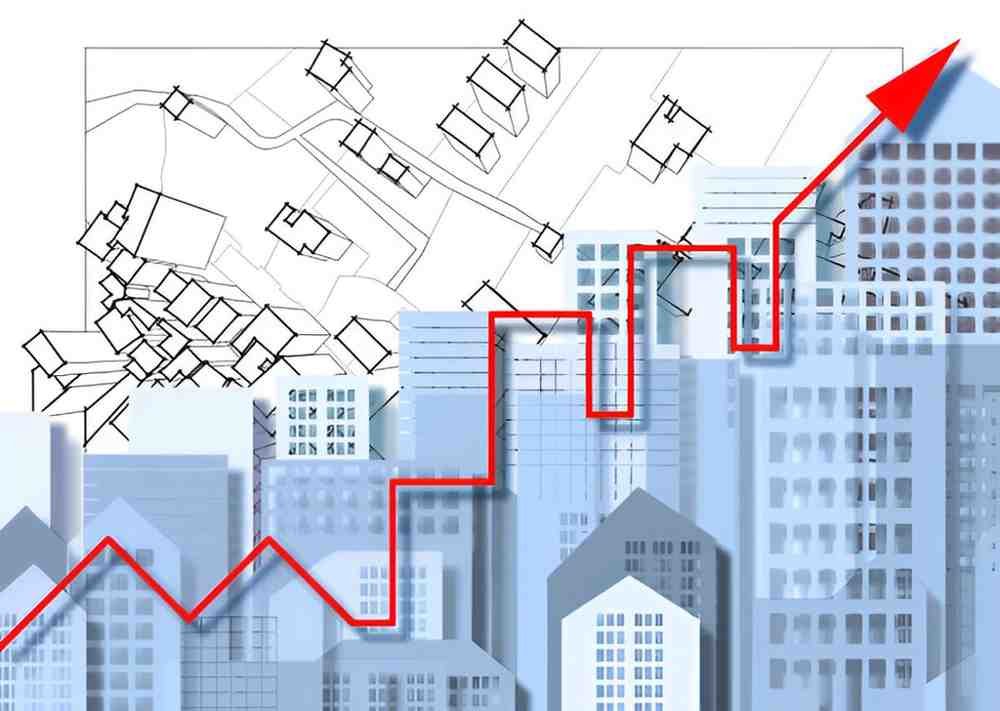Ginnie Mae, or the Government National Mortgage Association (GNMA), is an important entity in the United States housing finance system. It plays a crucial role in making homeownership more accessible to Americans by providing liquidity, stability, and affordability to the mortgage market.
Table of Contents
What is Ginnie Mae?
Definition and Mission
Ginnie Mae is a government corporation within the U.S. Department of Housing and Urban Development (HUD). It was created in 1968 to support affordable housing in America. Ginnie Mae’s primary mission is to guarantee mortgage-backed securities (MBS), which helps to increase the availability of funds for home loans.
Key aspects of Ginnie Mae include:
- Government-Backed: Provides a guarantee on mortgage-backed securities issued by approved lenders.
- Focus on Affordability: Aims to make housing more affordable by ensuring a stable mortgage market.
- Liquidity Provider: Increases liquidity in the mortgage market, making it easier for lenders to provide loans to homebuyers.
How Ginnie Mae Works
Ginnie Mae does not originate or buy loans. Instead, it guarantees the timely payment of principal and interest on MBS backed by federally insured or guaranteed loans, such as those from the Federal Housing Administration (FHA), Department of Veterans Affairs (VA), and the U.S. Department of Agriculture (USDA).
Here’s how it works:
- Loan Origination: Lenders, such as banks or mortgage companies, originate loans that are insured or guaranteed by government agencies like the FHA or VA.
- Pooling of Loans: These lenders pool the loans together to create a mortgage-backed security.
- Ginnie Mae Guarantee: Ginnie Mae provides a guarantee on these MBS, ensuring that investors receive timely payments even if borrowers default on the loans.
- Sale to Investors: The guaranteed MBS are sold to investors in the secondary market, such as pension funds and mutual funds.
By guaranteeing these securities, Ginnie Mae attracts investors, ensuring a steady flow of capital into the mortgage market. This, in turn, enables lenders to offer more loans and at lower interest rates.
Why is Ginnie Mae Important?
Benefits for Homebuyers
Ginnie Mae offers several key benefits to homebuyers:
- Lower Interest Rates: By providing a guarantee on MBS, Ginnie Mae reduces the risk for investors, which leads to lower interest rates on home loans.
- Increased Availability of Loans: With more liquidity in the mortgage market, lenders can offer a greater number of loans, making homeownership more accessible.
- Support for Government Programs: Ensures the availability of loans that are insured or guaranteed by government agencies, supporting homeownership among veterans, low-income families, and rural residents.
Benefits for Investors
Investors also benefit from Ginnie Mae’s guarantee:
- Reduced Risk: The government-backed guarantee reduces the risk of investing in MBS, making these securities more attractive.
- Stable Returns: Investors receive regular and timely payments of principal and interest, even if borrowers default.
- Diversification: Ginnie Mae MBS offer a way for investors to diversify their portfolios with relatively low-risk securities.
Applications of Ginnie Mae
Supporting Affordable Housing
Ginnie Mae plays a vital role in supporting affordable housing initiatives. By ensuring a steady flow of funds into the mortgage market, it helps low-income families, veterans, and rural residents achieve homeownership. Programs like FHA, VA, and USDA loans are made more accessible through Ginnie Mae’s guarantees.
Stabilizing the Mortgage Market
During economic downturns, Ginnie Mae’s guarantee provides stability to the mortgage market. For example, during the 2008 financial crisis, Ginnie Mae continued to attract investors to the mortgage market, ensuring that lenders could keep providing loans to homebuyers.
Real-World Example: Ginnie Mae in Action
Example: FHA Loans and Ginnie Mae
Consider a first-time homebuyer looking to purchase a home with an FHA loan. The FHA insures the loan, making it less risky for the lender. The lender pools this loan with other similar loans to create an MBS. Ginnie Mae then guarantees this MBS, ensuring that investors receive timely payments.
Because of Ginnie Mae’s guarantee, investors are willing to buy the MBS, providing the lender with the funds to make more loans. This process lowers the interest rate on the FHA loan, making it more affordable for the homebuyer. Without Ginnie Mae’s involvement, the interest rates would likely be higher, and fewer people would qualify for loans.
Conclusion
Ginnie Mae is a cornerstone of the U.S. housing finance system, providing crucial support to ensure that affordable home loans are available to a broad segment of the population. By guaranteeing mortgage-backed securities, Ginnie Mae attracts investors and injects liquidity into the mortgage market, resulting in lower interest rates and increased availability of loans. This support is especially vital for programs targeting veterans, low-income families, and rural residents, making homeownership a reality for millions of Americans. Understanding Ginnie Mae’s role and benefits can help individuals and investors appreciate its impact on the housing market and the broader economy.





